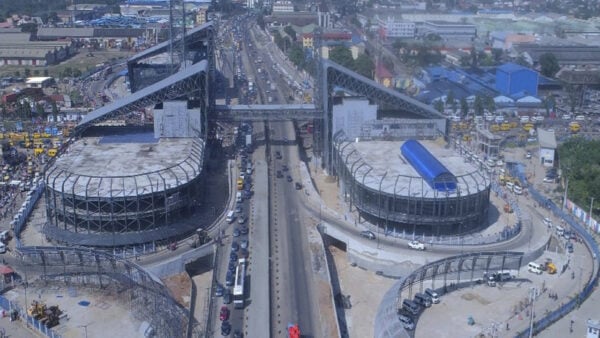BY BASIRAT ISHOLA
Some luminaries in computer technology such as Stephen Hawking, Elon Musk, Steve Wozniak, and Bill Gates are speaking up about their fears with the continuous advancements in AI technology. They believe that at this rate, it is possible to create a super-intelligent machine with the potential to outsmart humans.
The concern is so rife, to the extent that a majority of AI researchers present at the 2015 Puerto Rico Conference posited that it is very possible to have such super-intelligent computers in existence before 2060. If this happens, they believe science fiction might very well become reality, because man controls the planet only because of its superior intelligence. Therefore, if AI machines become more intelligent than man, they just might take over. Hence they advocate the need for more emphasis on AI safety research.
Possible future drawbacks of AI
Advertisement
Due to advances as a result of continuous research and development, AI is becoming more intelligent, it may even become super-intelligent, with the ability to mimic the emotions of man, this may lead to new sets of challenges, as they may become destructive intentionally or otherwise in the process of executing a task. This challenge can be broken down into two possible scenarios:
The AI is programmed to do something devastating. There is the likelihood of precipitating an AI arms race, such that they are programmed with complex codes in such ways that they become almost impossible to “switch off” when set out to carry out mass destruction so that the enemies cannot reverse their aim. This will result in mass casualties, and may inadvertently lead to a war that cannot be brought under control by humans. This is even more worrisome in the face of growing terrorist activities in developing countries. If Boko Haram, bandits, and similar organisations in Nigeria lay their hands on such AI arms, the devastating consequences are unimaginable.
The AI is programmed to do something beneficial, but it develops a destructive method for achieving its goal; this can be just as devastating as the first scenario. Take, for instance, a situation where you program an intelligent car to take you to a destination as quickly as possible, the car may embark on such an assignment without regard for safety, which may leave many casualties in its wake, as long as it obeys the command to take you to your desired destination ASAP.
Advertisement
Possible future benefits of AI due to research and development
There are numerous areas that hold positive prospects for the deployment of AI. In the area of mass production of intelligent vehicles that have the ability to safely transport people from one location to another in urban areas. This is already being partially or fully implemented in speed trains and airplanes. But it is still quite in the experimental stage in the area of buses, taxis, and trucks. If this is safely, efficiently, and cost-effectively done, it may revolutionize urban transportation, which could lead to reduced gridlocks and wasted man-hours, this will be of great benefit in a megacity like Lagos.
The most important benefits will be those that help to better manage the day-to-day routine tasks of man. In this regard, I foresee a situation where portable, affordable, efficient, and easy to maintain robots can be used to carry out domestic tasks like cleaning, cooking, laundry, mowing the lawn, fixing the car and other regular day-to-day chores can be mass-produced. This will go a long way in freeing valuable man-hours that can be better put to use for work and recreation. This will also reduce the need for human domestic staff, which is often the driving force behind human trafficking and forced labour in Nigeria.
Ishola, a lead data scientist and business intelligence specialist, writes from Lagos
Advertisement
Views expressed by contributors are strictly personal and not of TheCable.
Add a comment






